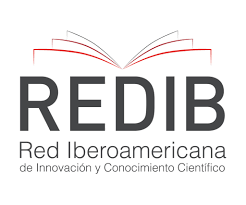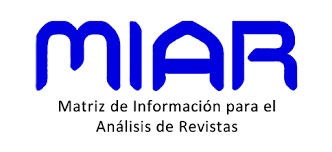Metaphysical realism, key to european culture
DOI:
https://doi.org/10.51743/cpe.37Keywords:
Philosophical reality, truth, freedom, culture, EuropeAbstract
The concept of realism has been conflictive within the European philosophical discourse for some time. The affirmation that there is something beyond our representations is essentially problematic from Kant onwards. The world is no longer seen as a gift from God to humans, but rather as ‘data’ that man gives to himself. Nonetheless, the contemplative attitude has allowed Europe to be the scene of an enormous cultural development. Rather than the philosophies that wish to ‘place’ reality, a realistic philosophy, which understands that reality is not a thesis or a construct, but it is before all my constructs, is the best placed to generate respect, equity, and of course to recognise something as human as love.
Downloads
References
I. KANT, Kritik der reinen Vernunft, B XXXIX, XL.
M. HEIDEGGER, Seinund Zeit, § 43 a
MILLÁN-PUELLES, A., «Teoría del objeto puro (1990)», en Obras completas de A. Millán-Puelles, vol. VIII, Madrid, Rialp, 2015.
J. PIEPER, Glück und Kontemplation, München, Kösel-Verlag, 1957, p. 29.
R. SPAEMANN, «Philosophie als institutionalisierte Naivität», Philosophisches Jahrbuch, Band 81, 1974, p. 142
H. BLUMENBERG, Wirklichkeiten, in denen wir leben. Stuttgart, Reclam, 1981, Einleitung, p. 17.
PROUST, M., A la recherche du temps perdu, vol. 2, París,Gallimard, 1999, p. 415.
BARRIO, Cristianismo, Europa, libertad, cit., p. 174.
J. PIEPER, Über die Liebe, München, Kösel-Verlag, 2014, capítulo V.
R. SPAEMANN, Límites. Acerca de la dimensión ética del actuar, Barcelona, Eiunsa, 2003.
Downloads
Published
How to Cite
Issue
Section
License
The author reserves the rights (copyright) of the published works, and the journal encourages and allows their reuse, from the preprint. The works are published in the electronic edition of the journal under a license "Creative Commons Attribution / Attribution-NonCommercial 4.0 International Public License - CC BY-NC 4.0", and can be copied, used, disseminated, transmitted and publicly exhibited.
The author / s partially transfer the property rights (copyright) of this work for the printed and online editions, provided that:
- The authorship and original source of its publication (magazine, publisher and URL of the work) is cited.
- Are not used for commercial purposes.
- The existence and specifications of this user license are mentioned.
It also declares to have respected the ethical principles of research and to be free from any conflict of interest.
"C.P.E." encourages the authors and the scientific community to the maximum promotion and dissemination of the works in their final version through:
1) Your list of contacts (emails) and social networks (Facebook, Twitter, LinkedIn ...).
2) Institutional repository of your University and public repositories (Mendeley, Cosis ...).
3) Scientific social networks (ResearchGate, Academia.edu, Kudos ...).
4) Personal or institutional website, blog, etc.
5) Google Scholar, ORCID, ResearchID, ScopusID, Dimensions, PlumX ...
6) Printed copies purchased directly and sent to specialists for reading and subsequent citation if appropriate.




















1.png)
1.png)

1.png)





.png)
.png)

.png)
1.png)
1.png)
